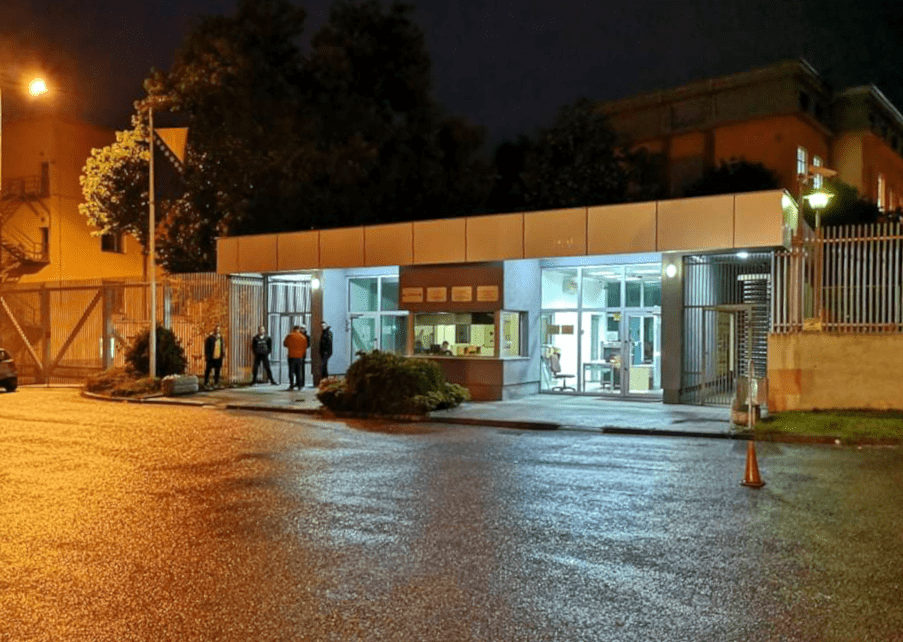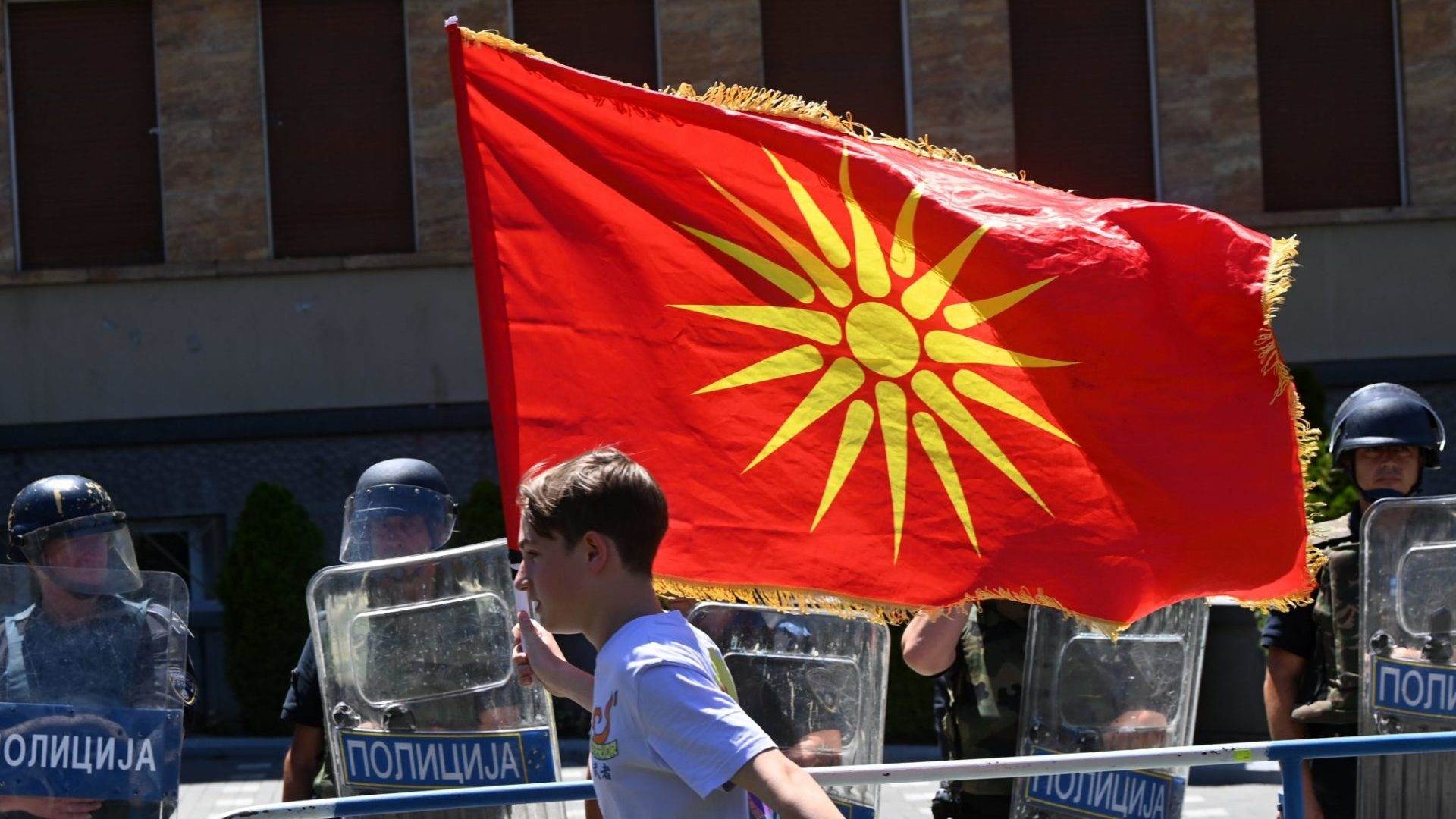This post is also available in: Bosnian
Branka Kusmuk, a journalist of the Radio and Television station of Republika Srpska, believes the new rules tremendously restrict the electronic media when it comes to reports from trials. “I was really surprised by this decision. I cannot imagine what could be the reason for these restrictions and making changes in something that has functioned for years,” said Kusmuk.
Kusmuk added that thanks to the audio and video material it was possible to check what happened in the courtroom. “Let the Court now assume responsibility for any errors in the reports of journalists from the trial,” she explains.
Irena Antic, from the Federation of Bosnia and Herzegovina radio station, agrees with this stance and claims that the regulation “is not welcome.”
“This greatly complicates our jobs in making radio shows and it makes it difficult to work in all electronic media. The decision will make it impossible to hear an authentic witness remembering certain crimes,” Antic said.
The Bosnian State Court has adopted a “Regulation on the implementation of access to information under the control of the court and co-operation with the community,” according to which the media can only get ten minutes of footage in audio or video form from a trial.
Nenad Trbic, editor of Alternative TV from Banja Luka, explains that the testimonies of victims and witnesses will not be heard through media, considering that nothing happens in the first ten minutes in the courtroom, other than procedural issues.
“I think it’s a scandalous decision, which specifically refers to television or electronic media. This is simply discrimination of the electronic media which cannot function without statements and footage. The point is that viewers, or the public, which want to know what happened in the courtroom through us, will not be able to do,” said Trbic.
Radan Skipina, a journalist of the Radio and Television Station of Republika Srpska, also believes that the public will be deprived due to the inability to obtain audio and video material from the courtrooms. “Until now we could use witness statements, our listeners could hear what they say or what lawyers say,” said Skipina.
Sergej Abramov, Novi List journalist, explains that in Croatia cameras can record trials before the courts when they are given special permission by the court president.
“The trial of Ivo Sanader on the first day went live on all major TV stations in Croatia. TV cameras enter first, if they obtain a permit and can stay until the end of the hearing. In some cases, the court gives their videos to media, if there is great public interest,” said Abramov.
Benjamin Butkovic, editor within BHTV believes that “any attempt to deny freedom of journalistic expression, is a step towards the introduction of censorship.”
The decision of the Court, he said, can be regarded as pressure on journalists. “The court has the ability to close a public hearing if it determines they need to protect elements of the judicial process and I think this is a sufficient mechanism,” said Butkovic.
According to Zeljko Tica, editor of the Federal Television, this move by the Court is unacceptable.
“I think it is absolutely unacceptable that the Court has adopted these regulations regarding the issuance of audio and video materials. We cannot interpret it any differently than the Court standing on the side of accused persons, “said Yew.
According to the new regulations of the Court, the creation of specialised programs on radio and television is impossible. The only possibility is, as stated in the Regulations, that the Court “develops concept and content,” and realises it in co-operation with the Public Broadcasting Service.
“The court takes on editorial policy. The Court seems to want to deal with journalism, “said Tica.
According to Mirela Hukovic-Hodzic, a journalist of BH Radio 1, the new rules of the Court are a bad move that threatens the public’s right to know.
“Censorship in every sense is bad,” she said, and reflected on the practice of The Hague Tribunal, according to which all have “adequate access to information.”



